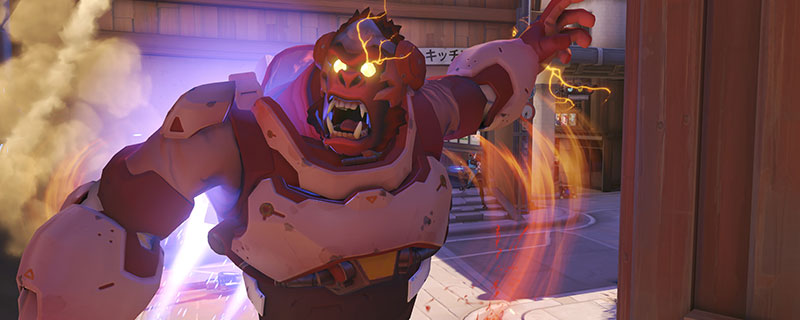
There’s something special about video game online communities. No other medium allows you to run away from zombies, build houses out of pixelated blocks and shoot people with bazookas while simultaneously interacting with complete strangers from all around the world.
Gaming has brought us thousands of unique environments to explore with other people, from vast fantasy lands and sci-fi planets, to randomly generated sandbox worlds. They are home to many passionate communities, both in-game and outside, on online forums and subreddits. But what actually influences how large and active a gaming community can become? In my opinion, there are at least three major factors:
Modding
One of the main benefits of computer gaming is also the reason why PC communities are so much more close-knit than on other platforms. Modding truly allows you to make a game your own, both through tiny cosmetic changes and player-created maps or expansions that take years to develop. On consoles, not only are you very limited in modifying games, but every few years another generation comes out and most players move on from old titles. On PC, a game is alive as long as people are willing to play it.
Mod support can significantly impact the longevity of a game. That is why people still talk about The Elder Scrolls: Skyrim, a title released over 7 years ago, which had – and still has – thousands of mods developed by a very passionate community. Some interesting examples include SkyrimTogether, which enables co-op in the game, and SkyBlivion, which sought to recreate the previous installment in the series on the Skyrim engine.
In online games, modding also has a big impact. One of the factors behind the success of Team Fortress 2 was the ability of players to create their own maps, hosted on their own servers. With time you’d start to recognize people’s nicknames there, and suddenly the server grew from a random choice to a place you’d visit every day.
Social Features
Guilds, clans, clubs and other features that encourage players to team up with each other for longer than 20 minutes are the foundations of video game communities. World of Warcraft is probably the most prominent example here – in a game that is almost 15 years old, guilds founded in its early stages remain active. Despite people leaving and coming back to the game, these communities somehow survived through the years to continue defeating and looting all sorts of monsters together.
Today, even if a game doesn’t have effective social features, players are ready to organize themselves via chat programs like Discord or TeamSpeak. Still, developers attempt to include such tools in their online titles, as you’re more likely to return to a game if you’ve had positive social experiences playing it.
Competitiveness
Competitive titles like League of Legends, Overwatch or CS: GO have some of the most passionate communities in gaming. Millions of people watch e-sports tournaments, follow the latest news about these games and actively discuss them on various online forums. Ranked mode in a game is kind of a journey, during which players gradually get better and slowly discover even the slightest of nuances to gain an advantage over others. This encourages sharing tips online, which in turn creates communities centered around theorycrafting and improving your skills.
That said, very competitive games tend to attract equally competitive players, which may cause the game to become more toxic. When winning becomes the most important factor, it’s easy to forget there are other people across the screen. Ironically, the more team-focused a game is, the more toxic it tends to get. Victories feel great, but when you’re losing, it’s easy to fall into the mindset that everyone else is pulling you down.
Developers actively address toxic behavior in their games, both directly (by banning people) and indirectly. For example, Overwatch has added an endorsement system and a custom team browser. There are also plans to introduce a clan system to make finding like-minded players even easier.
In your opinion, what are the best and worst communities in video games? Which ones are ready to accept every new player, and which are so toxic that it’s better to stay away?





















